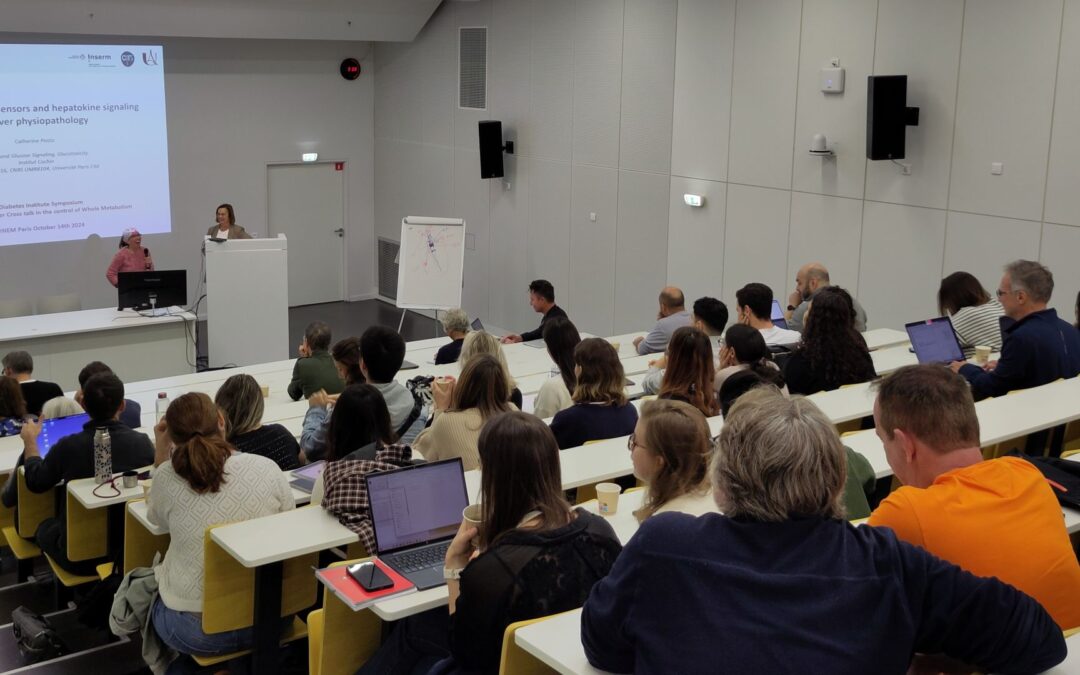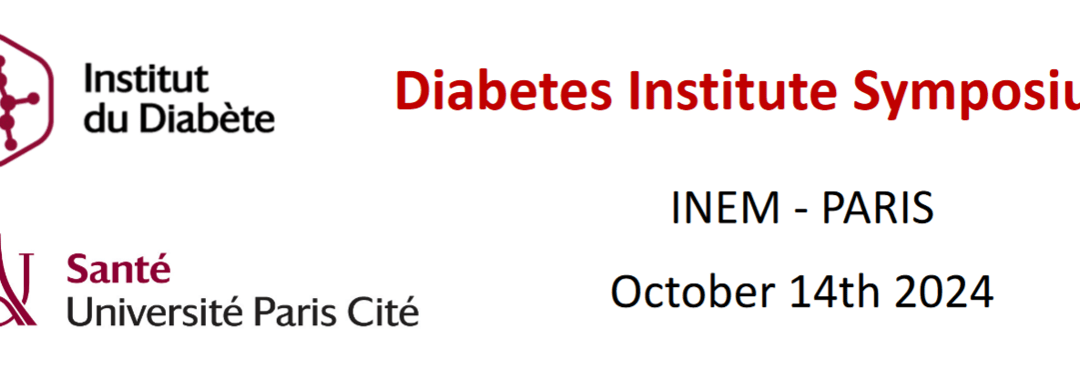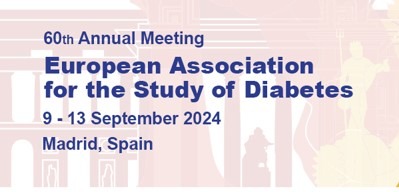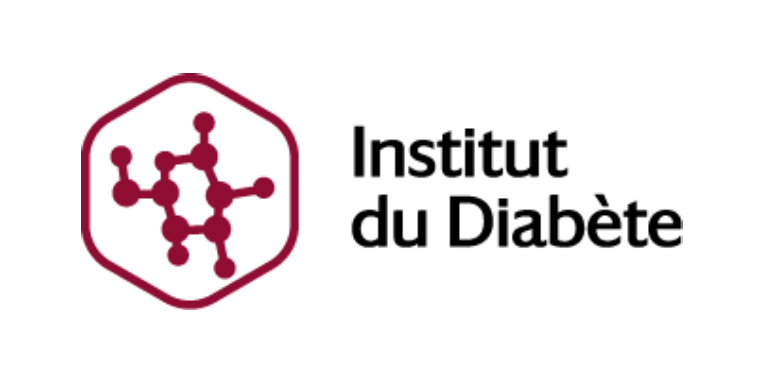Physiopathology of ocular diseases – therapeutic innovations
The eye is made of transparent tissues that allow the proper transmission of photons towards photoreceptors that convert photons into electrical signal to the brain. Like the brain, the eye is protected by barriers that prevent systemic drug to reach the ocular tissues.
Whatever the primitive cause of disease, vision is lost through major common mechanisms leading to the loss of tissues transparency, death of visual cells and abnormal tissue reactions such as inflammation, fibrosis, and neovascularization.
Our team’s objectives are to identify key regulatory molecular targets involved in the pathogenesis of major mechanisms responsible for vision loss, accessible to modulation by drugs, administered locally, and applicable to diseases of various origins. Driven by unmet medical needs and innovation, we develop translational research.
The scientific questions underlying our work emerge from clinical problems. We also analyze the mechanisms of action of drugs commonly used in ophthalmology (i.e. anti-VEGF and corticoids), as well as the ocular risks of exposure to environmental burdens (i.e. light exposure).
The research performed by our team fulfills the gap between discovery and proof of concept in man. Valorization is considered for allowing further developments of the research conducted in the team.
The main mechanisms responsible for vision loss in ocular diseases are loss of transparency, fibroglial and neovascular proliferations and cell death. We study several regulatory pathways to control these vision threatening features.
Read more

Post Doctoral Position
Fully funded 2-year Post-doctoral position in the team of Dr. Ralf JOCKERS, at Institute Cochin

2024 Scientific Annual Day of the Diabetes institute
On Monday, October 14th, the annual Diabetes Institute Scientific Day took place, bringing together around 100 participants at the INEM. Opening of the Annual Scientific Day of the Diabetes Institute Maude LE GALL - Co-Director of the institute (left) Catherine POSTIC...

Diabetes Institute scientific day
The overall goal of this Diabetes Institute scientific day is to provide the most important and up-to-date research in the field of metabolism made at University Paris Cité. The workshop will focus on understanding the recent progress in adipose tissue and liver biology including metabolic and inflammatory processes in the control of the energy homeostasis. Special emphasis will be done to highlight the importance of the organ crosstalk and how signaling pathways in one tissue could affect the metabolism in other tissue.

Les jeunes de l’IHM seront à l’EASD
L’IHM Diabète est heureux d’aider les jeunes à participer à l’EASD en leur attribuant une bourse de 1000€
Rendez-vous en Septembre à Madrid !
